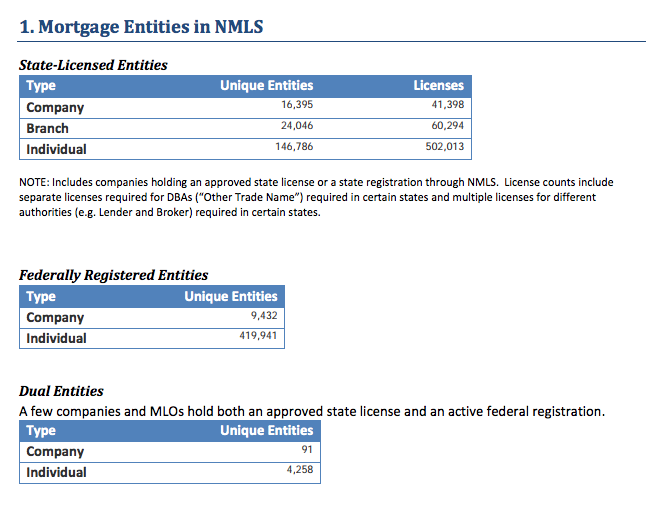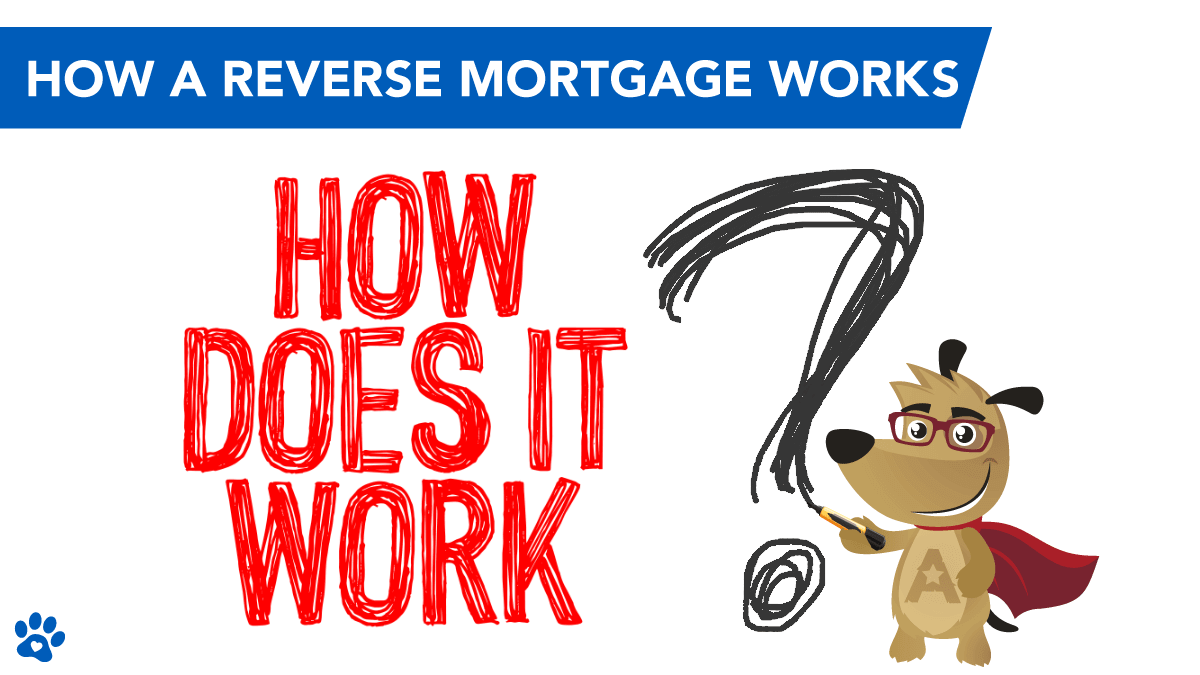Chances are, you have actually seen commercials boasting the benefits of a reverse mortgage: "Let your home pay you a month-to-month dream retirement earnings!" Sounds fantastic, ideal? These claims make a reverse home mortgage sound almost too good to be real for senior homeowners. But are they? Let's take a better look. A reverse home loan is a type of loan that utilizes your home equity to supply the funds for the loan itself.
It's essentially a possibility for senior citizens to take advantage of the equity they've developed over several years of paying their home mortgage and turn it into a loan for themselves. A reverse mortgage works like a routine home mortgage because you have to use and get authorized for it by a lender.
However with a reverse mortgage, you don't make payments on your home's principal like you would with a regular mortgageyou take payments from the equity you have actually constructed. You see, the bank is providing you back the cash you have actually currently paid on your house but charging you interest at the same time.
Appears easy enough, right? However here comes the cringeworthy fact: If you pass away prior to you have actually sold your home, those you leave are stuck to two choices. They can either pay off the full reverse home loan and all the interest that's accumulated throughout the years, or surrender your home to the bank.
Like other kinds of mortgages, there are various kinds of reverse mortgages. While they all generally work the same method, there are 3 main ones to understand about: The most common reverse home mortgage is the Home Equity Conversion Mortgage (HECM). HECMs were created in 1988 to assist older Americans make ends meet by permitting them to tap into the equity of their homes without needing to leave.
What Are The Interest Rates On Reverse Mortgages Things To Know Before You Buy
Some folks will utilize it to spend for expenses, vacations, home renovations or perhaps to pay off the remaining quantity on their regular mortgagewhich is nuts! And the consequences can be huge. HECM loans are kept a tight leash by the Federal Housing Administration (FHA.) They don't want you to default on your mortgage, so since of that, you won't get approved for a reverse home mortgage if your house is worth more than a certain quantity.1 And if you do receive an HECM, you'll pay a hefty mortgage insurance coverage premium that safeguards the loan provider (not you) against any losses - what is the harp program for mortgages.
They're provided up from independently owned or run companies. And because they're not managed or insured by the federal government, they can draw house owners in with guarantees of higher loan amountsbut with the catch of much greater rate of interest than those federally insured reverse mortgages. They'll even offer reverse home loans that allow property owners to obtain more of their equity or consist of houses that exceed the federal maximum amount.
A single-purpose reverse mortgage is offered by federal government companies at the state and regional level, and by not-for-profit groups too. It's a kind of reverse home mortgage that puts guidelines and constraints on how you can utilize the cash Find more info from the loan. (So you can't spend it on an elegant holiday!) Usually, single-purpose reverse home loans can just be used to make real estate tax payments or pay for home repairs.
The thing to bear in mind is that the loan provider has to approve how the http://cruzhvgr347.lucialpiazzale.com/h1-style-clear-both-id-content-section-0-about-how-do-reverse-mortgages-work-after-death-h1 cash will be utilized prior to the loan is provided the OKAY. These loans aren't federally insured either, so lenders do not need to charge home Continue reading mortgage insurance coverage premiums. But because the cash from a single-purpose reverse home mortgage has actually to be used in a specific way, they're generally much smaller sized in their quantity than HECM loans or proprietary reverse home loans.
Own a paid-off (or at least considerably paid-down) house. Have this house as your main house. Owe no federal financial obligations. Have the money circulation to continue paying real estate tax, HOA costs, insurance, maintenance and other home expenditures. And it's not just you that needs to qualifyyour house also has to meet particular requirements.
What Type Of Mortgages Are There Fundamentals Explained
The HECM program likewise allows reverse mortgages on condos approved by the Department of Housing and Urban Advancement. Prior to you go and sign the documents on a reverse home loan, have a look at these four significant drawbacks: You might be thinking of securing a reverse home mortgage because you feel positive borrowing versus your house.
Let's simplify like this: Envision having $100 in the bank, however when you go to withdraw that $100 in cash, the bank only gives you $60and they charge you interest on that $60 from the $40 they keep. If you wouldn't take that "deal" from the bank, why on earth would you desire to do it with your home you've spent years paying a home mortgage on? But that's precisely what a reverse home mortgage does.

Why? Because there are costs to pay, which leads us to our next point. Reverse mortgages are filled with extra expenses. And many borrowers opt to pay these fees with the loan they're about to getinstead of paying them out of pocket. The thing is, this costs you more in the long run! Lenders can charge up to 2% of a home's value in an paid up front.
So on a $200,000 house, that's a $1,000 yearly cost after you've paid $4,000 upfront of course!$14 on a reverse mortgage are like those for a regular home loan and include things like house appraisals, credit checks and processing charges. So before you know it, you have actually sucked out thousands from your reverse mortgage before you even see the very first cent! And since a reverse home mortgage is just letting you tap into a percentage the worth of your home anyhow, what occurs as soon as you reach that limit? The cash stops.
So the quantity of cash you owe goes up every year, monthly and every day till the loan is paid off. The advertisers promoting reverse mortgages like to spin the old line: "You will never owe more than your house deserves!" However that's not precisely true since of those high rates of interest.

What Is The Current Interest Rate On Reverse Mortgages Things To Know Before You Get This
Let's state you live up until you're 87. When you pass away, your estate owes $338,635 on your $200,000 home. So instead of having a paid-for house to pass on to your loved ones after you're gone, they'll be stuck to a $238,635 costs. Opportunities are they'll need to offer the home in order to settle the loan's balance with the bank if they can't afford to pay it.
If you're spending more than 25% of your income on taxes, HOA fees, and household expenses, that suggests you're house bad. Reach out to one of our Backed Regional Suppliers and they'll help you browse your options. If a reverse home mortgage lending institution tells you, "You will not lose your house," they're not being straight with you.
Think of the reasons you were thinking about getting a reverse mortgage in the first location: Your spending plan is too tight, you can't manage your daily costs, and you don't have anywhere else to turn for some extra money. All of an abrupt, you've drawn that last reverse home mortgage payment, and then the next tax costs happens.